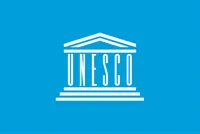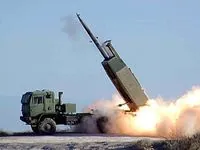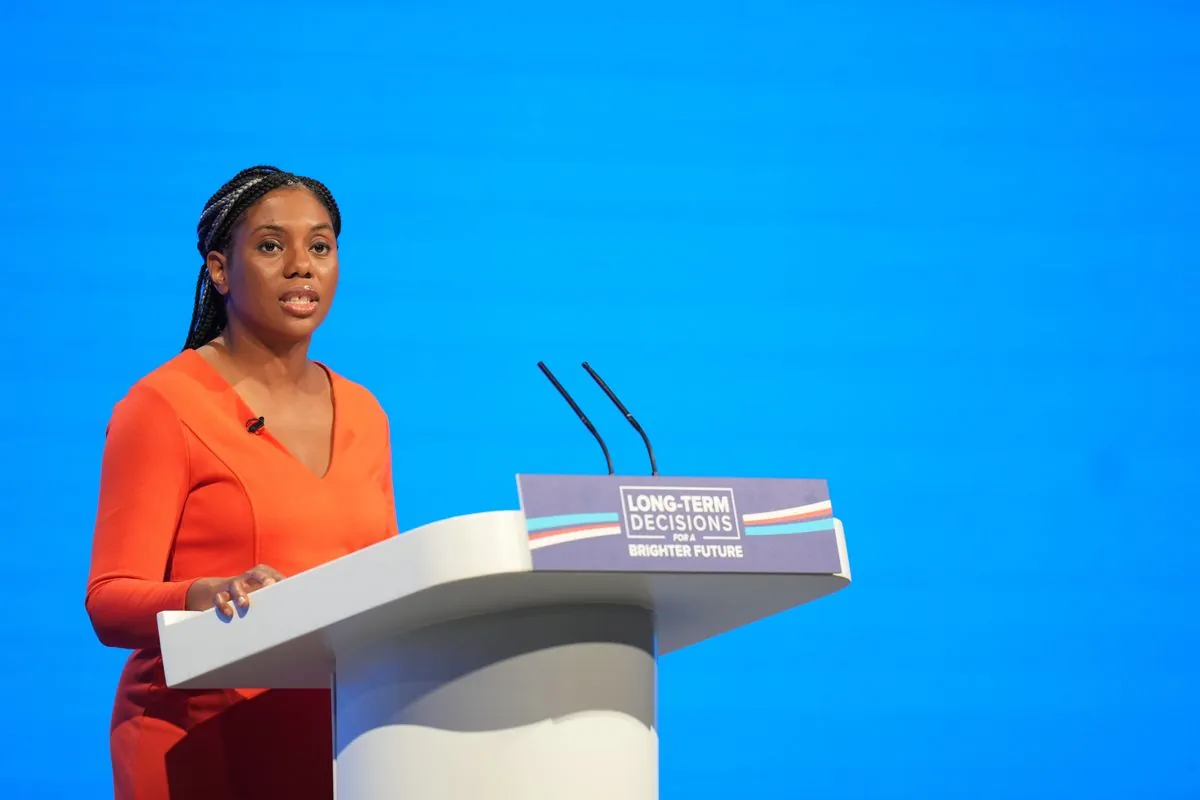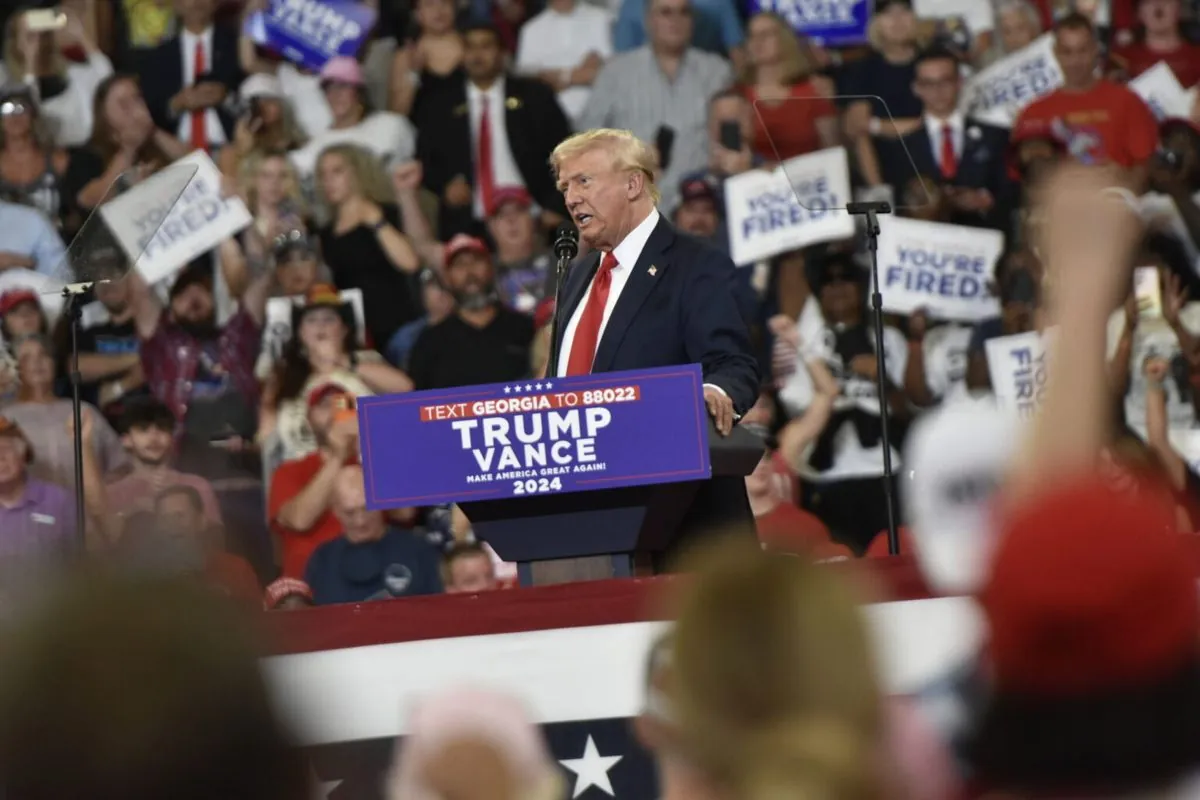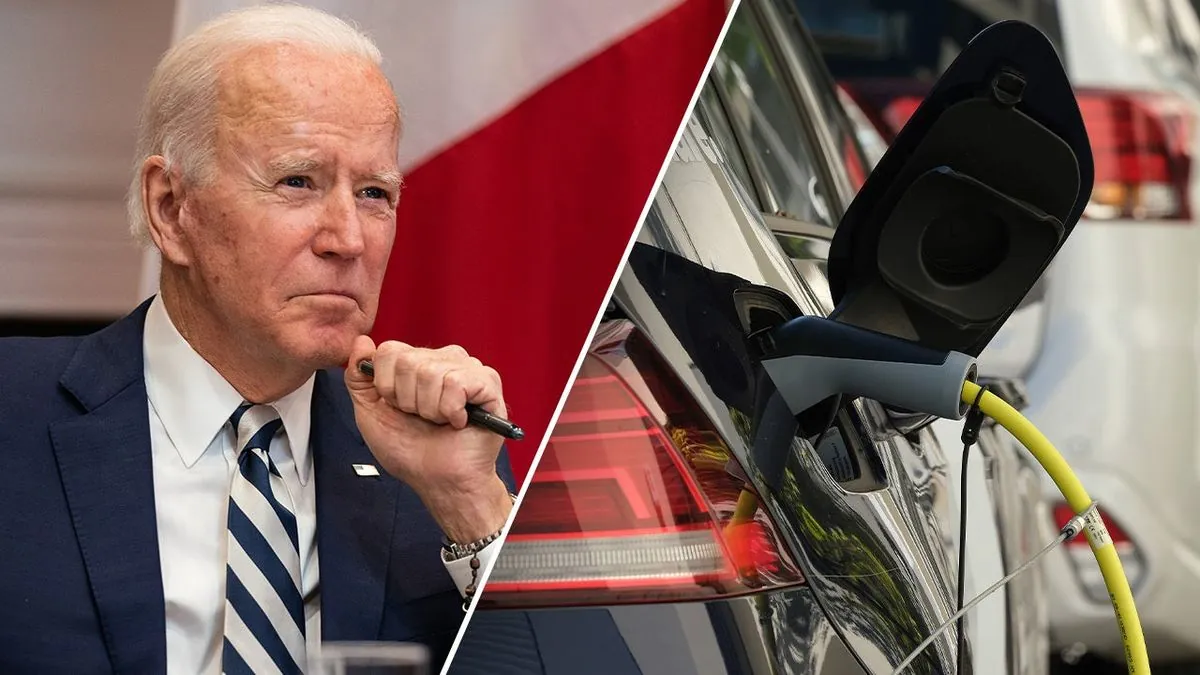SPD's Narrow Win in Brandenburg: A Temporary Reprieve for Scholz
SPD narrowly defeats AfD in Brandenburg election, temporarily easing pressure on Chancellor Scholz. AfD's growing influence raises concerns about Germany's support for Ukraine and European security.
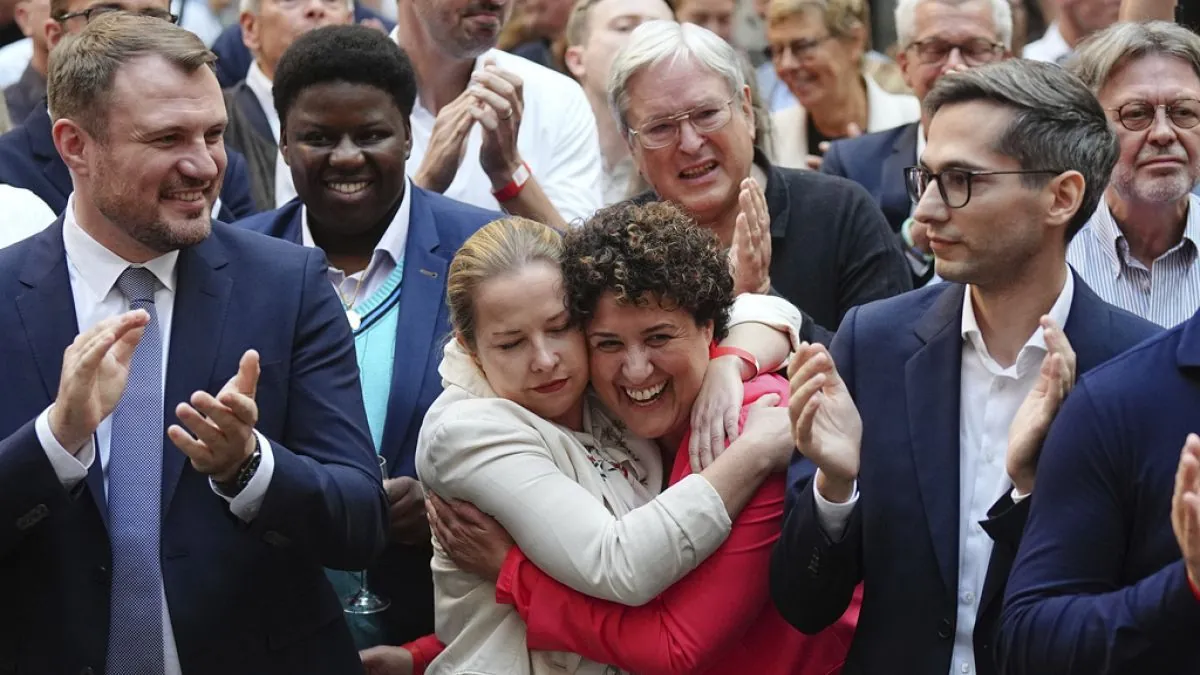
In a surprising turn of events, Olaf Scholz's Social Democratic Party (SPD) has secured a narrow victory in Brandenburg's state election, edging out the far-right Alternative for Germany (AfD) by a mere 1.7%. This outcome, while providing temporary relief for the SPD, underscores the growing influence of the AfD and its potential impact on German and European politics.
The SPD, Germany's oldest existing political party founded in 1863, managed to clinch 30.9% of the votes, narrowly surpassing the AfD's 29.2%. This result comes after a year of trailing behind the AfD in polls, highlighting the volatile nature of German politics. The AfD, established just over a decade ago in 2013, has rapidly gained traction, particularly in eastern states like Brandenburg.
Scholz, who assumed the role of Chancellor in December 2021, faces mounting pressure as the AfD continues to gain momentum. The party's "No more War" slogan has resonated with a significant portion of the German population, tapping into concerns about the ongoing conflict in Ukraine.
A March 2024 ARD Deutschlandtrend poll revealed that 61% of Germans oppose supplying Taurus cruise missiles to Ukraine, reflecting widespread apprehension about potential escalation with Russia. This sentiment aligns with the AfD's stance against military assistance to Ukraine and its calls for a closer partnership with Russia.

The AfD's position on Russia has raised eyebrows, with party representatives expressing support for Russia's military intervention in Syria, which began in 2015. They frame it as an anti-Islamist crusade, appealing to voters concerned about traditional values and national security.
While Scholz has thus far maintained Germany's support for Ukraine, there are signs of potential shifts. The 100-billion-euro Bundeswehr modernization fund, announced in 2022, has been largely depleted. Projections suggest that German defense spending could fall below the NATO-mandated 2% of GDP by 2027, raising concerns about the country's long-term commitment to European security.
Germany's position as the largest economy in the European Union and a key supporter of deterrence efforts in the Baltic States and Moldova makes any potential shift in its foreign policy significant. A change in Germany's stance could embolden Russia-friendly leaders like Viktor Orban in Hungary and Robert Fico in Slovakia, potentially weakening the EU's united front against Russian aggression.
The implications extend beyond Germany's borders. Emmanuel Macron in France and Giorgia Meloni in Italy, both facing domestic pressures from Ukraine-skeptic factions, may find it challenging to maintain their pro-Ukraine positions if Germany wavers.
As the situation unfolds, the international community watches closely. The narrow victory in Brandenburg may have provided a temporary reprieve for Scholz and the SPD, but the AfD's growing influence remains a clear and present challenge to European security and unity.
























